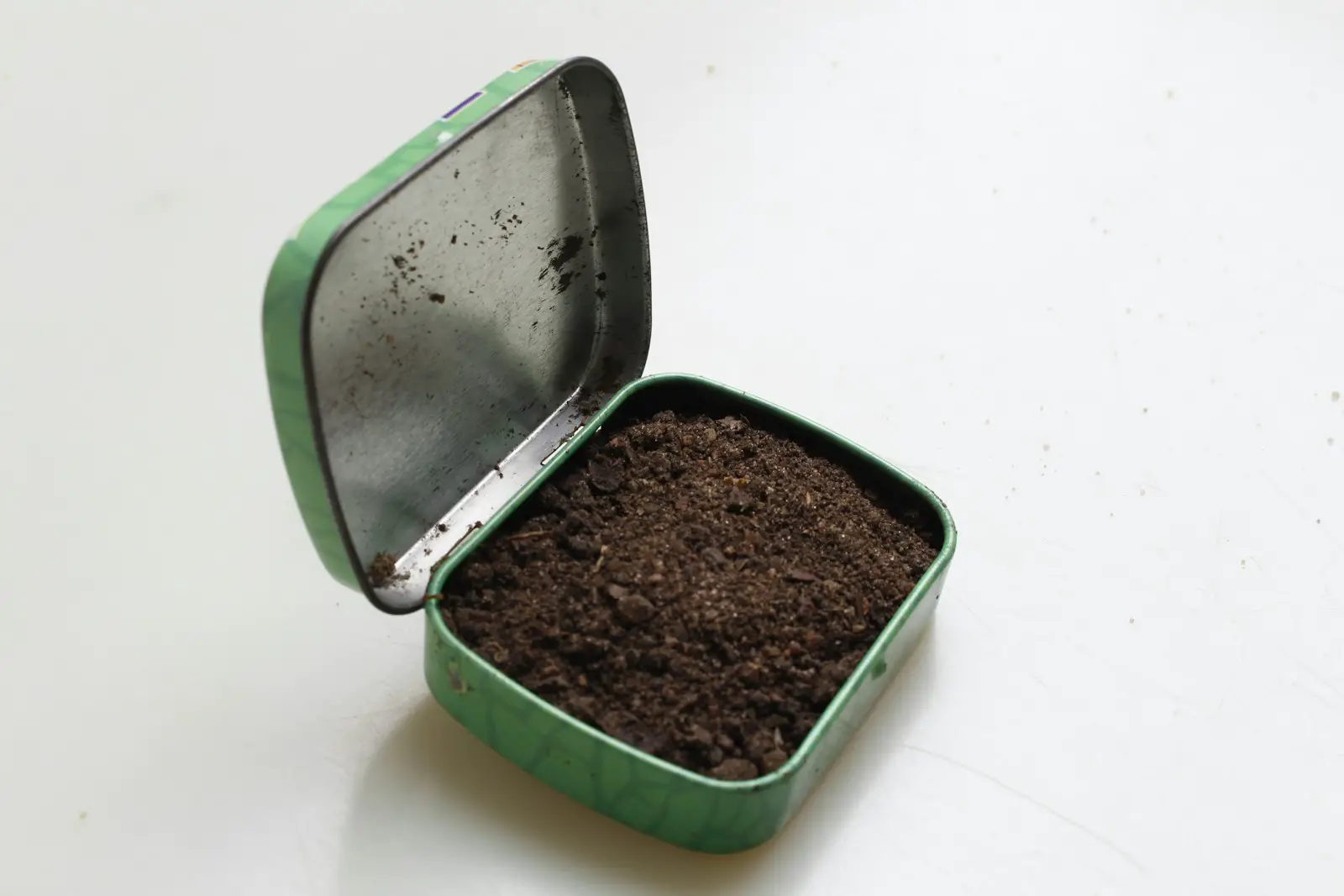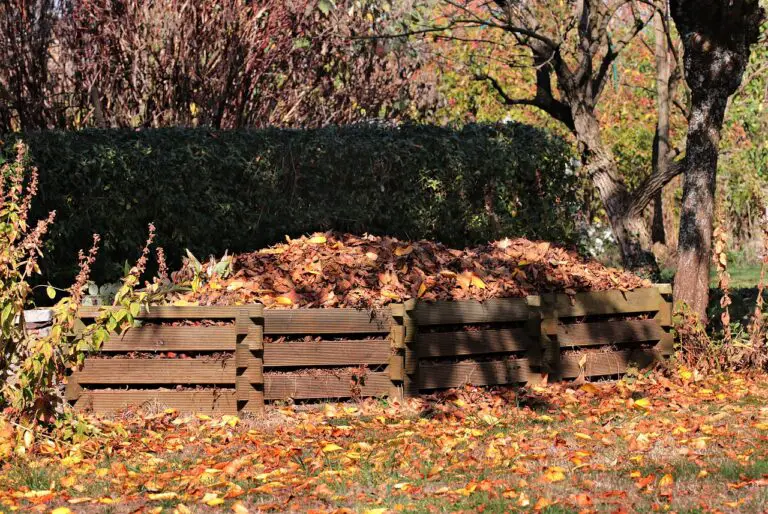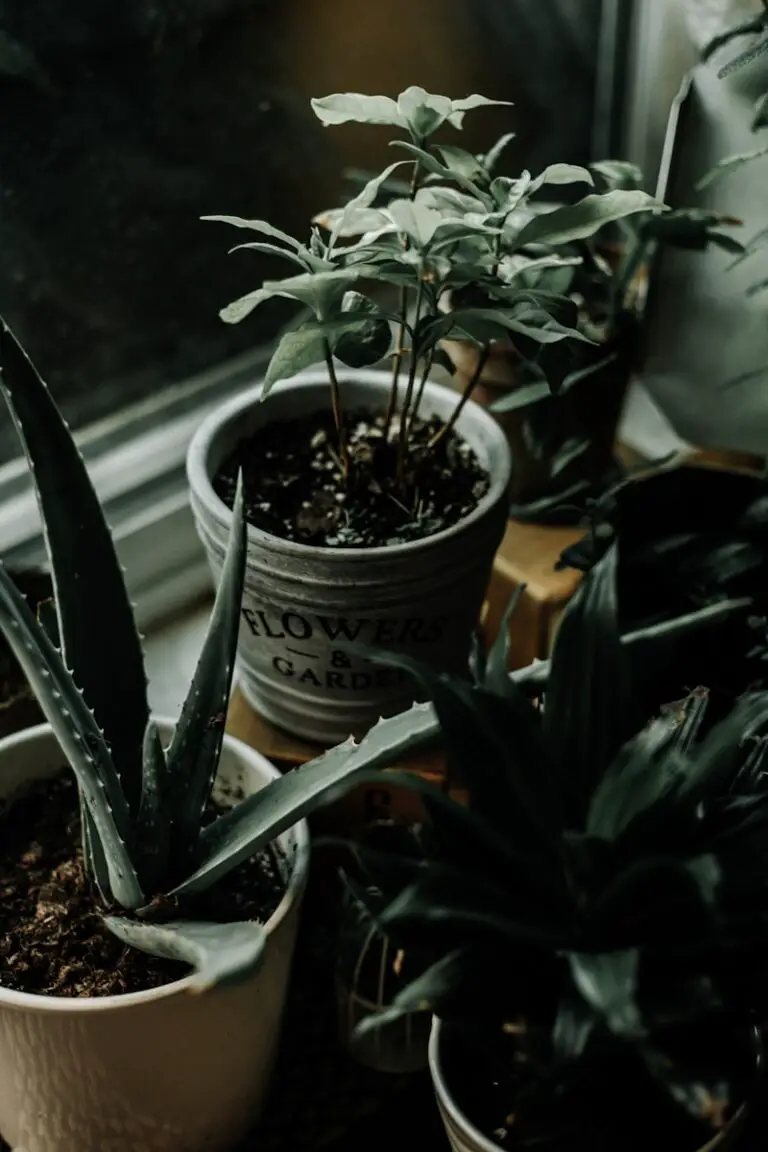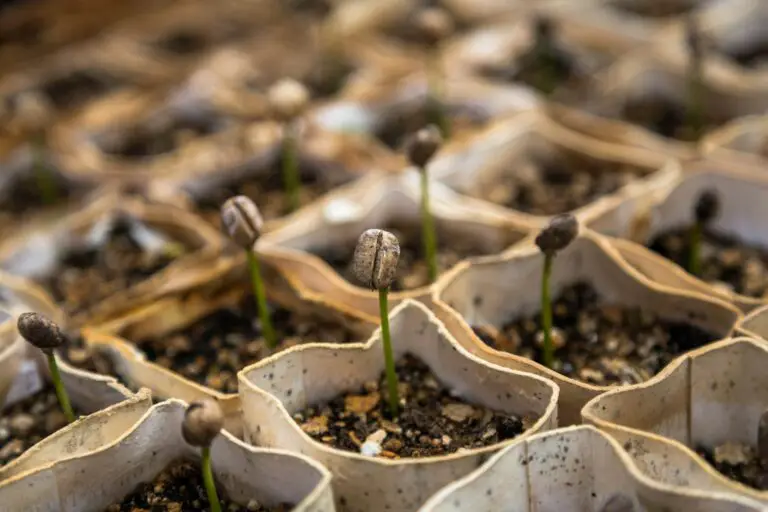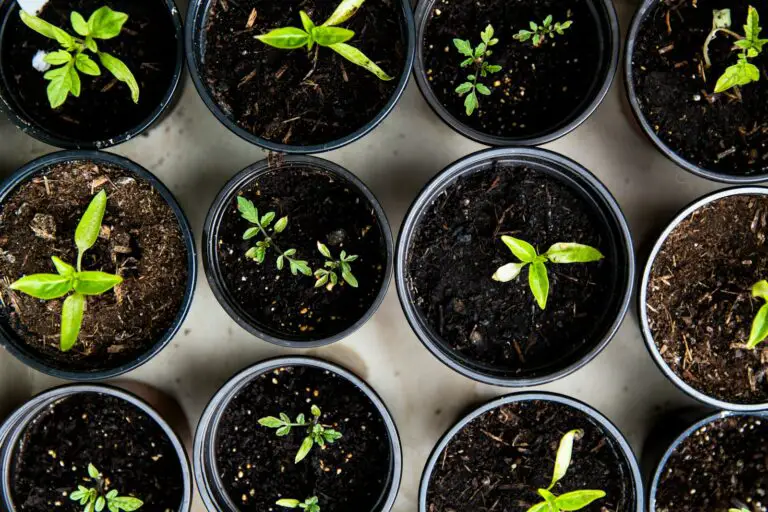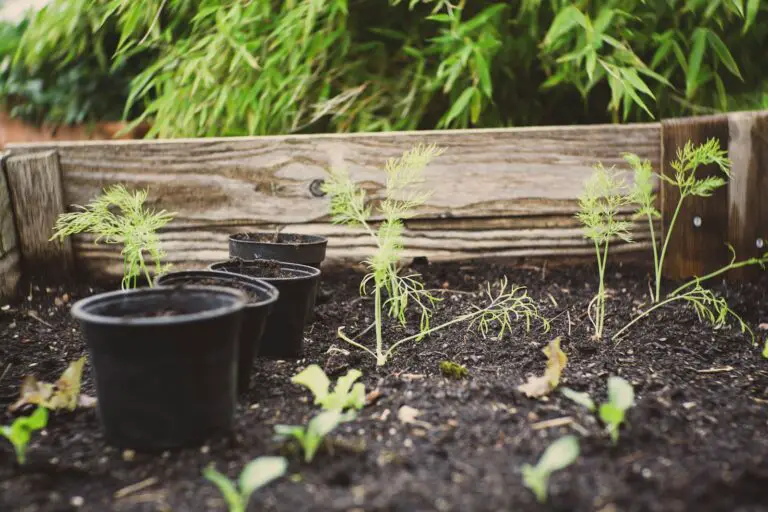Composting in Urban Spaces: Solutions for Apartment Dwellers and City Gardeners
Living in a bustling city doesn’t mean sacrificing sustainability. In fact, urban areas are hotbeds for eco-friendly innovation due to the dense population creating a pressing demand for green solutions. One of the most critical habits that can significantly reduce your carbon footprint is composting. This often-overlooked practice can be particularly challenging for those living in apartments or tightly-packed neighborhoods. Here, we’ll explore the challenges urban composters face and discover solutions to turn city-dwellers into urban composting champions.
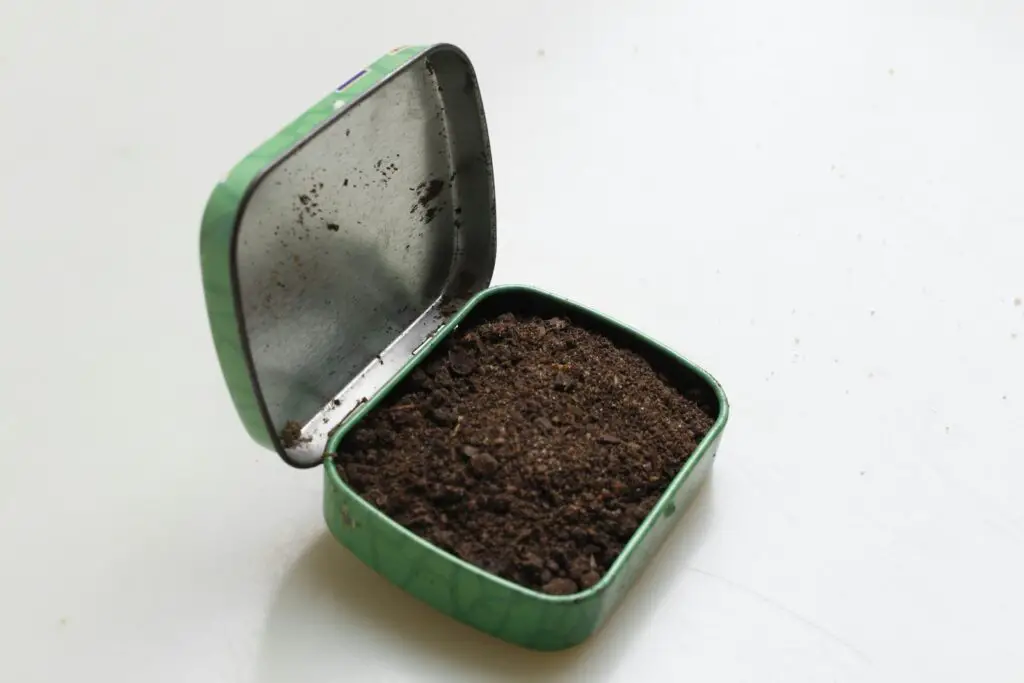
The Importance of Composting in Urban Settings
Composting isn’t just about turning food scraps into rich soil—it’s about closing the loop on waste in a world where it’s all too easy to generate refuse that has nowhere to go but a landfill. For urbanites, especially, where space comes at a premium, every bit of waste diverted from those landfills is a triumph for both the environment and local communities.
Urban spaces typically have limited access to the outdoors, but they also house an extraordinary number of environmentally-conscious individuals looking for ways to contribute positively. By composting, cities can reduce the waste that needs to be transported to distant landfills, curtail greenhouse gases, and produce nutrient-rich soil that’s perfect for urban farming, which in turn can contribute to local food supplies and green cityscapes.
But with this vibrant potential comes a set of unique challenges that aren’t as pronounced in more rural environments. Limited space, odor and pest concerns, and just general logistics need to be addressed with creative solutions that work within the urban lifestyle.
Challenges of Composting in Urban Spaces
1. Limited Space
Space, or rather the lack thereof, is the most glaring challenge for urban composters. When every square foot counts, finding room for decomposing waste seems like an impossibility.
2. Odor Concerns
Rotten smells are an instant put-off and can provoke the ire of neighbors and landlords, leading to a negative stigma around composting.
3. Pest Management
Compost is a treasure trove for insects and rodents, and in densely populated urban centers, managing these unwanted guests is more crucial than ever.
Solutions for Apartment Dwellers
Innovators have risen to meet these challenges, designing compact and efficient systems that can thrive in the tightest of indoor spaces. Here are some methods that are tailor-made for apartment living.
Indoor Composting Methods
Indoor composters come in various forms, from small containers to self-contained units that can fit under your sink or on a countertop. These are equipped with ventilation to control air flow and reduce smells.
Bokashi Composting
A method that ferments food waste using a mix of microorganisms, this can be done entirely indoors without an offending odor and produces a nutrient-dense Bokashi tea that’s perfect for houseplants.
Vermicomposting
Using worms to break down organic matter, vermicomposting is a popular method in apartments. A small bin with red wiggler worms can discreetly turn your food scraps into a gardener’s gold.
Solutions for City Gardeners
For those fortunate enough to have a balcony or garden plot, outdoor composting methods become the ideal solution.
Outdoor Composting Options
City gardeners can opt for enclosed composting bins or even open-air piles in community gardens, as long as the materials are properly layered and aerated.
Community Composting Programs
Many cities now offer community drop-off locations where residents can bring their compostables, fostering a sense of environmental stewardship and community engagement.
Utilizing Compost in Small Urban Gardens
Compost created in city settings often contains more nutrients and diverse microorganisms than traditional compost, leading to better yields and healthier plants.
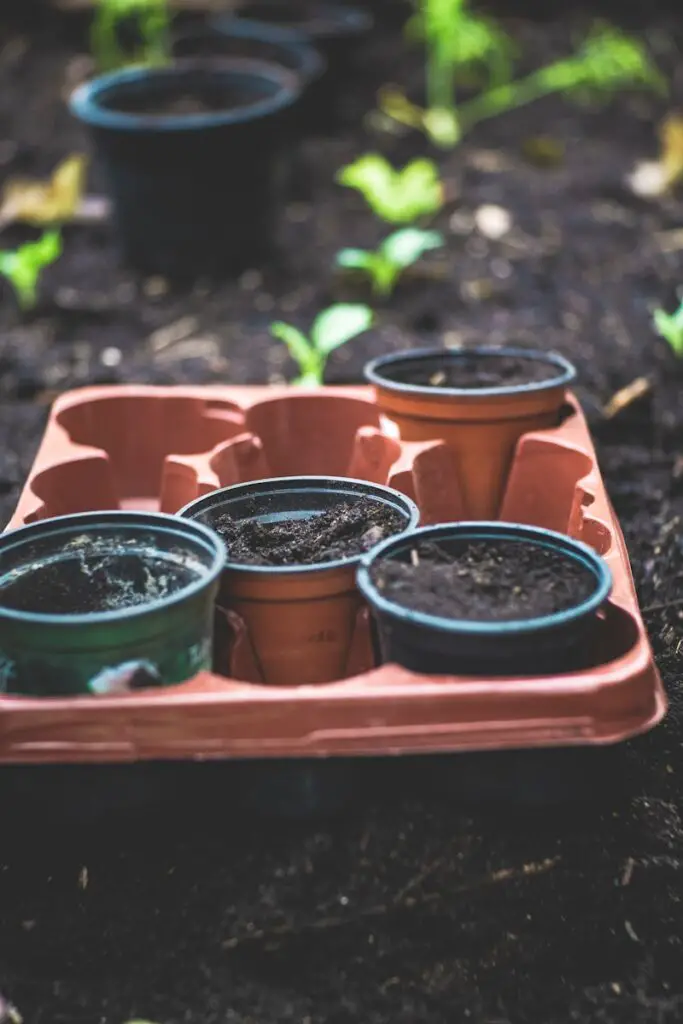
Benefits of Composting in Urban Spaces
The environmental and personal benefits of urban composting are numerous and compelling.
Reduced Waste Sent to Landfills
Every banana peel and coffee ground that goes into the compost instead of the garbage represents a tangible reduction in landfill waste.
Nutrient-Rich Soil for Urban Gardening
Compost is a powerful tool for city farmers, enriching the often-poor urban soils with the nutrients needed to grow healthy produce.
Environmental Impact
The collective impact of urban composting is substantial, contributing to cleaner air, lower greenhouse gas emissions, and a more sustainable city.
Conclusion
Venturing into the World of Urban Composting
Despite the myriad challenges of city life, composting offers a straightforward and impactful way for urbanites to connect with the earth and their local environment. With the solutions available, there’s never been a better time to start composting in your urban space. Join the growing movement of apartment composters, and city gardeners, and you’ll not only improve the environment, but also foster a greater sense of community and sustainability in the place you call home.
Urban composting is about finding specialized solutions to uniquely city problems. While the smell of success could never be mistaken for that of rotting food, the potency of positively impacting the environment is unmistakable. With a little creativity and the right tools, anyone, regardless of the concrete jungle they call home, can become a composting hero.

